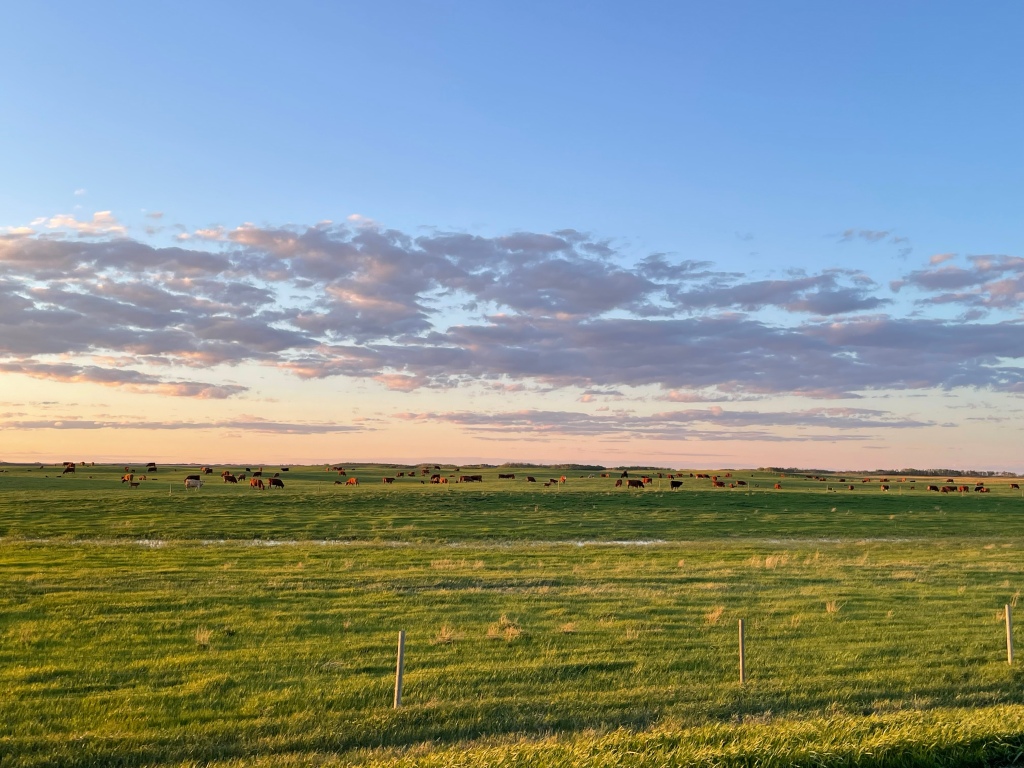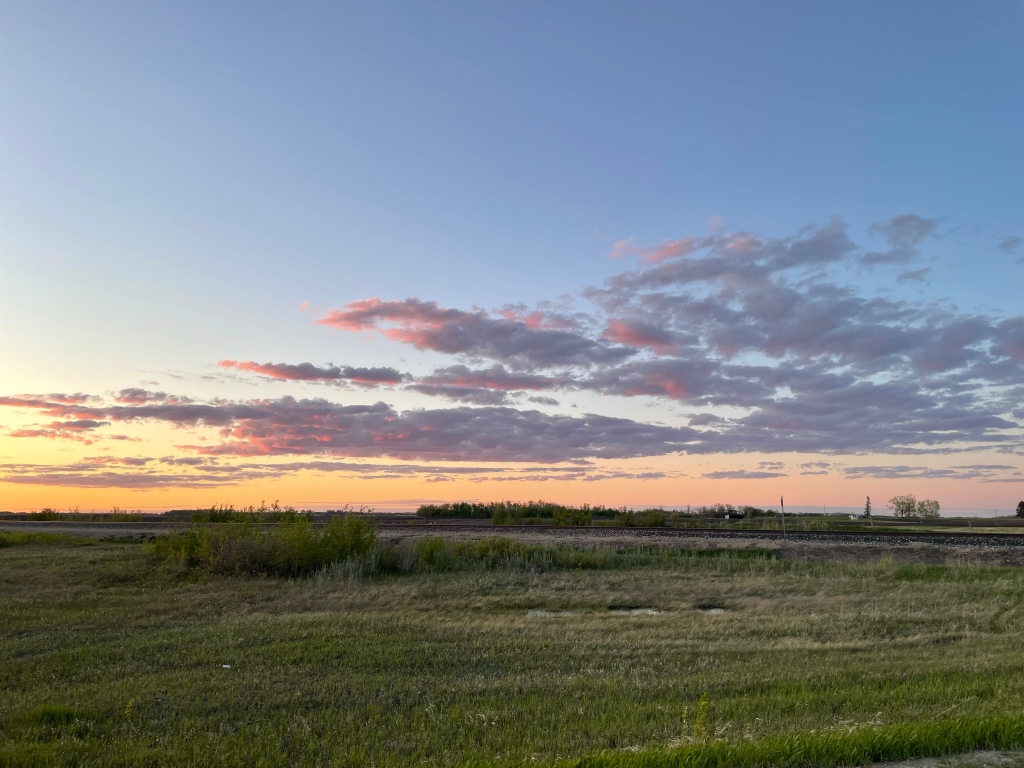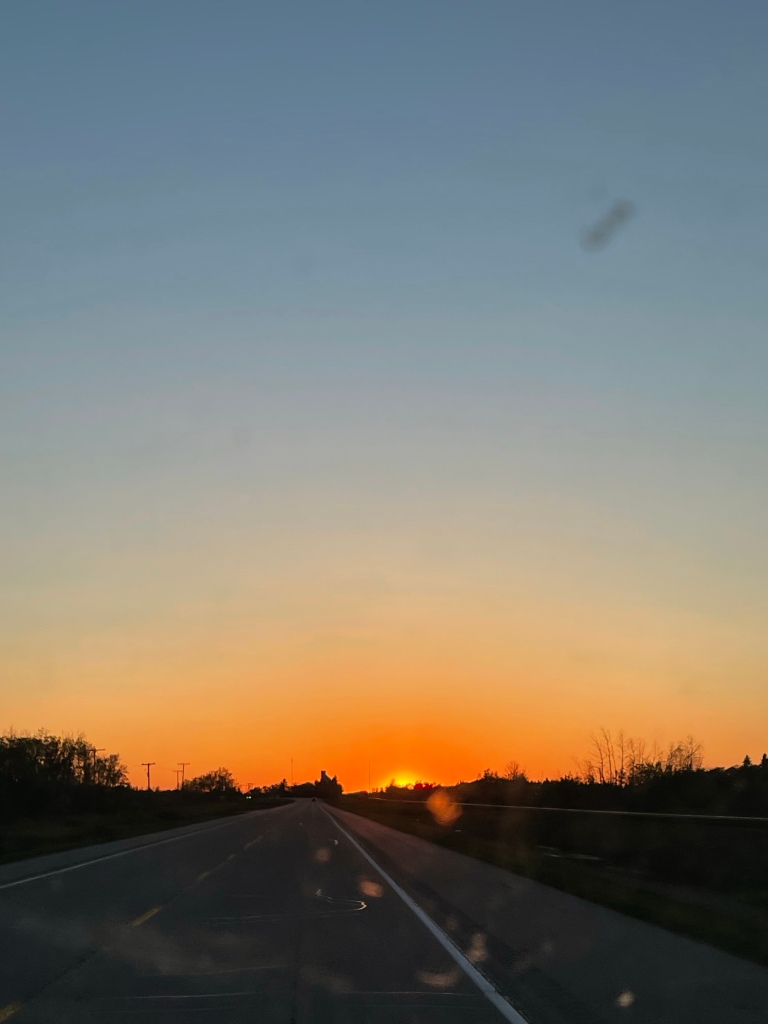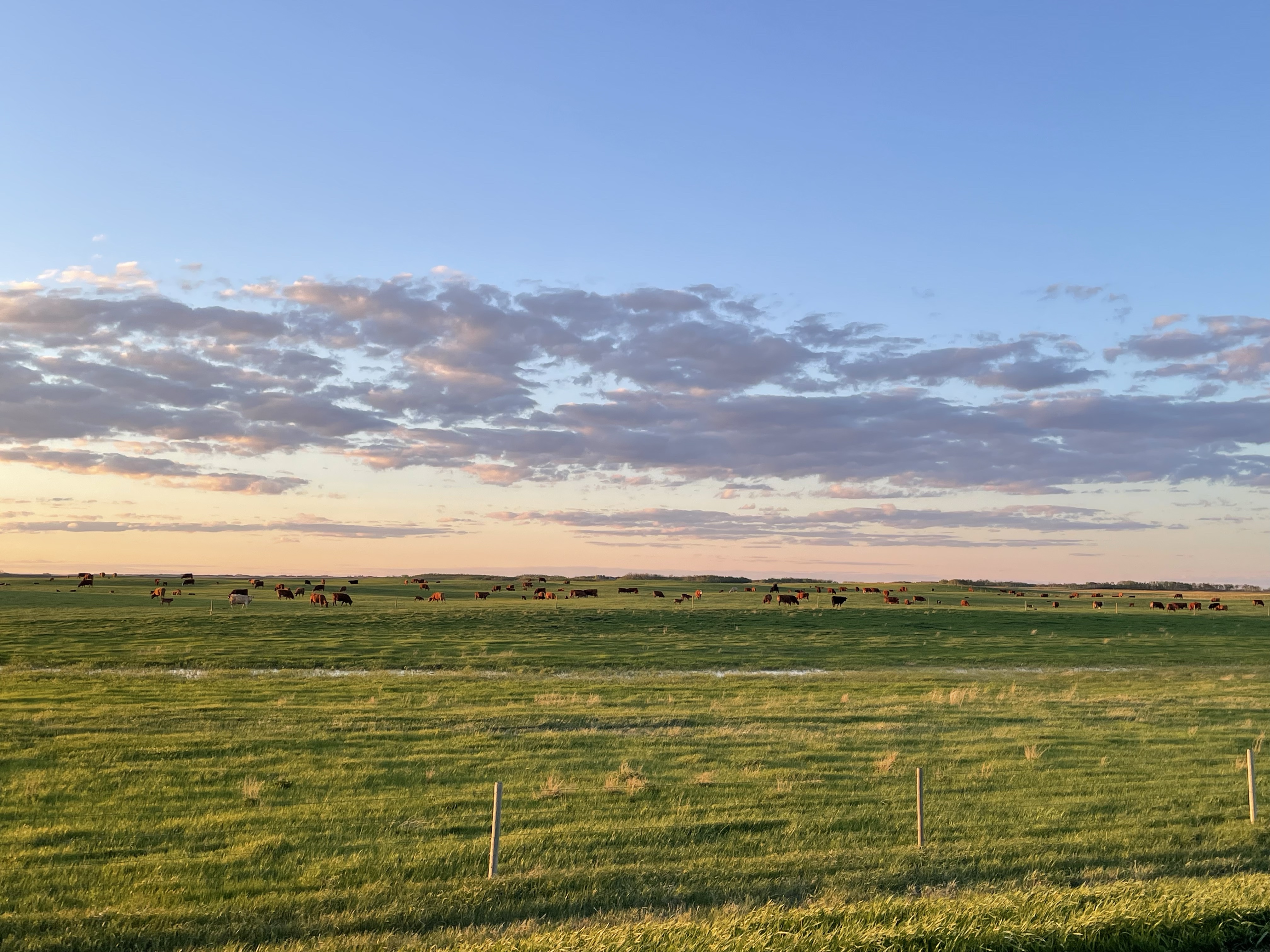Beginning to breathe again, I turn for rest to you, my heart — mo chroí. - Saoirse Charis-Graves
“Look Mom!” Ella delights at the black and white border collie.
We watched as he ran the length of the fence, back and forth, back and forth, again and again, the horses and riders inside the enclosure, his herding instincts natural. And then he laid down, tongue hanging to the side, watched eyes keen to the movements of the arena, but body still.
“I bet he never gets bored.”

We’ve been spending time in conversation about boredom lately.
One of the things that homeschool has invited our family into has been around making conscious decisions of how we spend our time. With no outside institutions or structures demanding of, or dictating our time, a portal has opened, as we’ve stepped away from not only school itself, but noticing the engrained “schoolishness” as Akilah S. Richards calls it …
“Deschooling is shedding the programming and habits that resulted from other people’s agency over your time, body, thoughts or actions, it’s completely out of that mindset of, what do I accomplish? How do I prove? How do I convey? Over to, what does it mean to have agency over my time and my energy and my body?”
Akilah S. Richards

In a culture that leaves very little space for well… doing nothing, boredom has taken on it’s own meanings and connotations. In a world, where busy seems to be the “norm,” and is even praised, where we structure every moment of our days, starting with children in school and activities, we hear things like “time is money,” “work before play”, “idle hands are the devil’s playthings,” or being a “productive member of society.” We are bombarded with productivity and efficiency tips and tricks, children or teens need to be “kept busy” or embued with a “good work ethic,” lazy is the worst thing one could be. There’s always something that needs to be done, we check our calendars and the clock before our hearts or wants, and we need to have something to show for our time … our life. Each day seems to be approached as a checklist, a task to accomplish, approached as something to fill, to manage, to get done.
One of the things that militates against freedom for most humans is the weight of responsibility -- all they have to do, and their constant obsession with the current project and with the project of life ... you are on the go all the time. You have a whole barrage of expectations coming towards you. You are part of a system or a network which is coming toward you as well, and you have so little space and so little free time for who you really are, for what you would really love to do, for what really deeply concerns you...
Patrick Kavanagh has said that we were taught to prepare for life rather than to live it.
That is maybe the primary intention of all holiness, spirituality and love - to free us for our lives.
- John O'Donohue, Walking in Wonder
Me, included. I often notice my brain wanting to line things up … thinking about what I, we, should or could do next, while I’m still doing something else. A mental checklist constantly holds a part of my attention and being, and ironically when I try to meditate, that seems to be when it trickles up the most loudly.
Not to mention there’s a whole industry and system clammering to profit off of our reluctance to allow boredom, or “empty space,” and our constant need to fill our time, or be doing one more thing. A whole world of excitement and thrills and highs to experience seems to lie at our fingertips. The paradox being that it is often our boredom that draws us into these distractions and enticements of do more, buy more, be more, have more. Anything, it seems to avoid getting quiet and still and going in.
I keep returning to this lyric from Barbara McAfee…
What if I found magic in the ordinary? Lightened up the load that I carry? So you won’t read on my tombstone on my dying day: “Got it all done. Died anyway.”*
Sitting with the girls yesterday, a day with “nothing” to do, we talked about boredom, how it’s framed in this culture, who doesn’t get the opportunity to be bored or who does not allow themelves the chance to be bored or why it’s avoided.
We asked ourselves … How might boredom be an invitation? What might it be inviting us into?
What becomes possible when we reframe boredom as possibility and imagination?
To see each day, a life, not as a space to fill, but as a gift to be open to receiving … How might we invite, allow, seek out spaciousness and “just being”ness? What if boredom becomes a possibility?
How might we become aware of our habituated reactions to spaciousness, to the “shoulds” and “doing nothing”? How might we become aware of the ways we unconsciously (or consciously) avoid boredom? How might we listen more to our bodies and what they are asking of us?
What if we linger in the boredom instead of finding something to do?
I’ve taken to saying to the girls (which means … to myself), when boredom arrives, “ohhhh…. what a gift, you’ve slowed down enough to hear your imagination, your soul, calling out to you.”

"Without boredom, there would be no daydreaming and no room for reflection. Without “positive constructive daydreaming,” there is no creativity; without reflection, we are no longer able to respond and instead merely react.
To be bored is to be unafraid of our interior lives — a form of moral courage central to being fully human."
- Maria Popova
When Blake and I first met, I remember him saying, much unlike me, who found ample ways to avoid and fill spaciousness, that he never gets bored.
After years of knowing him, I can see, it’s true. Not because he’s always has so much to do and is busy, no. What I labelled as boring, he embodies as an ever-present awe and wonder, a presence of being, a delight in life itself, a noticing way of living, a quiet, constant thrill with the aliveness of it all. Whether he’s “doing” something or not.
Perhaps this student has become ready …
Until Tomorrow …
N

